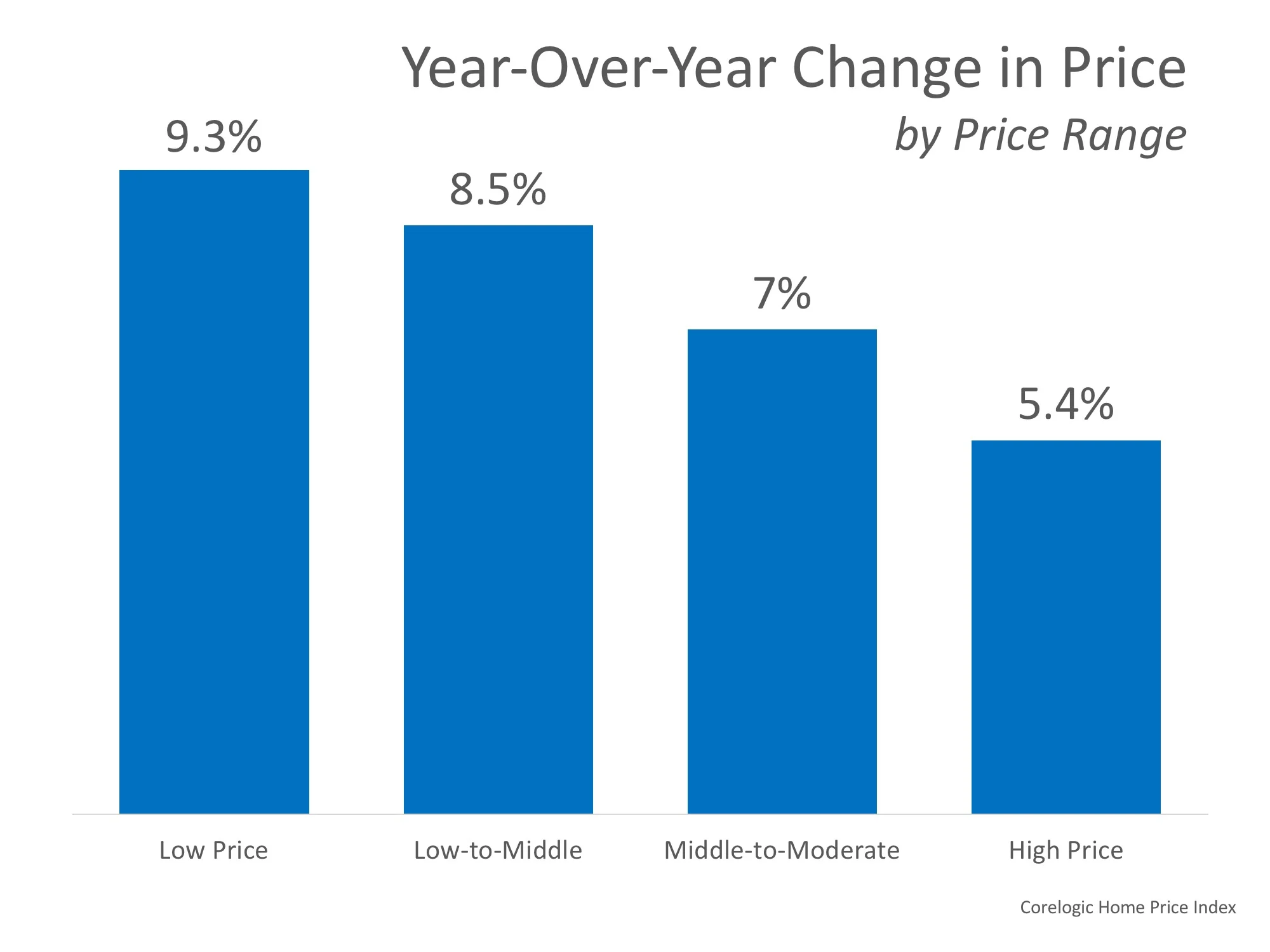The road to homeownership is often a bumpy one, filled with unexpected turns, and detours. It only makes sense to have a real estate professional by your side.
The internet is where over 90% of people begin their home search. And while a real estate website or app can help you identify homes you're interested in, a real estate agent does so much more.
Guide:
Before you tour your first home, I'll take the time to learn more about your wants, needs, preferences, budget, and motivation. My job is help narrow your search and identify priorities and homes that meet them.
Educate:
I'm able to provide you with current and up-to-date data on the local home market and comparable sales. The home-buying process can be complicated. There are many steps involved and I will guide you through these steps and counsel along the way.
Network:
I know the market, it's my job to stay informed, know of homes being sold, listed, pending with offers, in short sales, bankruptcies, foreclosure, estates, and homes coming onto the market before they are even listed. I know other agents in the area and have good working relationships with countless real estate professionals helping make a smooth transaction. I can also refer you to good home inspectors, lenders, and other professionals.
Advocate:
When you work with me as a buyers agent, I have a legal fiduciary responsibility to you. This mean you have a real estate expert, me, looking out for your best financial interest. And I am contractually bound to everything in my power to protect your interest. You'll receive superior services, strict confidentiality, and I'll be here to help you even after you've closed on your home.
Negotiate:
I will handle and oversee the negotiation process. I'll ensure an offer is competitive, handle and oversee clauses, counteroffers, and protect your interest. Once inspections are complete, I can help renegotiate the contract for repairs, concessions, or seller assistance. This is a huge financial decision for you and your family and I want to make sure you're getting the best value for your dollar. Even the most reasonable person can become overwhelmed when battling over repairs or concessions. I handle the contacts going back and forth and advocate on your behalf as this process for some becomes very emotional.
Manager Minutiae:
The paperwork that goes with a real estate transaction and be exhausting. If you forget to initial a clause or even check a box, all these documents could need redone and resubmitted delaying the entire process. As a real estate professional, I understand the associated deadlines, details, and handle these complex documents and contacts.
Look Out:
There are endless things that can kill a deal in real estate as you move along to closing. Is the title clear? Has the lender met the financial deadlines of the sales contract? Did the seller fail to disclose a water problem? As an experienced agent, I know to watch for trouble before it's too late. I remain proactive ensuring that everything is running smoothly, speaking with you, the buyer, the lender, the closing company, the sellers agent, and any other parties during the process to ensure any challenges are dealt with immediately and skillfully as they arise.
Professional real estate agents do so much more than just 'show houses'. I hope that when you're looking to buy a home, you choose to work with me. I'm here to earn your business and I will be here for you even after you close on your new home!
Remember: The agent on the sign represents the seller, NOT YOU. If you see a home for sale you're interested in- call me. I can show you ANY home listed on the market!




















